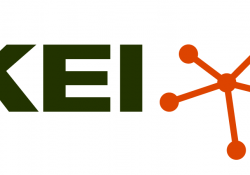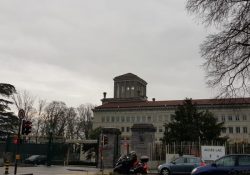SCCR35 Day 3 KEI Statement on Limitations and Exceptions
November 15, 2017. . Copyright: WIPO. Photo: Emmanuel Berrod. This work is licensed under a Creative Commons Attribution-NonCommercial-NoDerivs 3.0 IGO License. After discussing the Broadcasters, cablecasters and webcasters treaty also called by some the “youtube” Treaty, the Committtee moved on… Continue Reading


